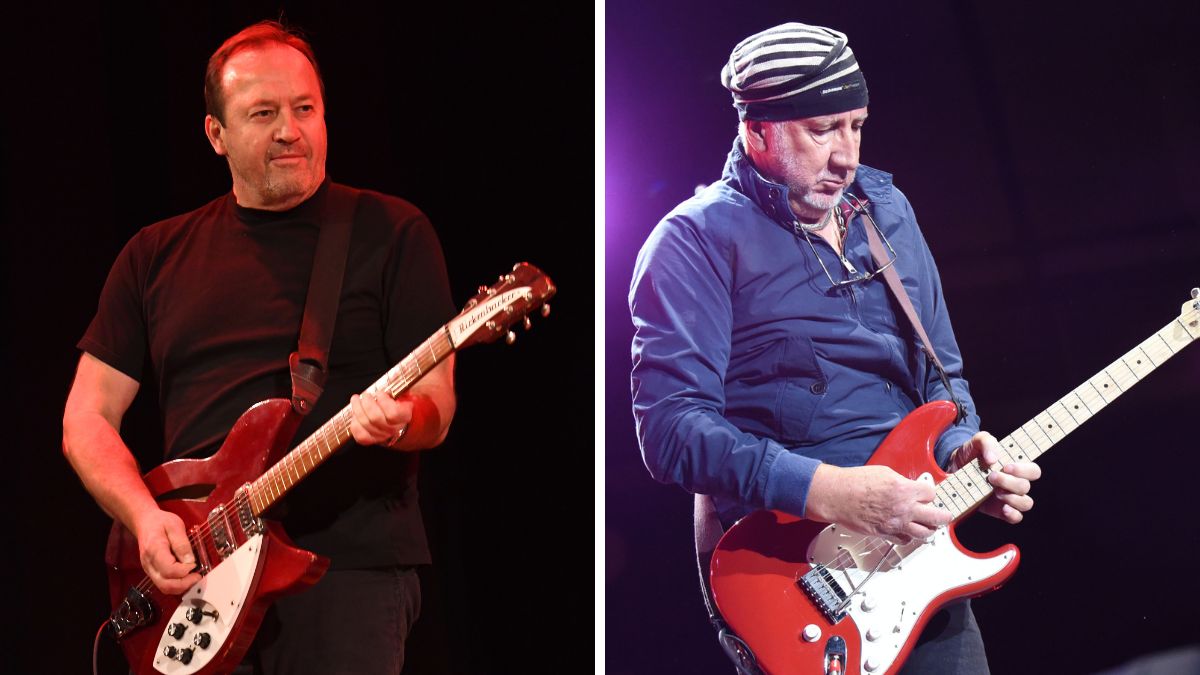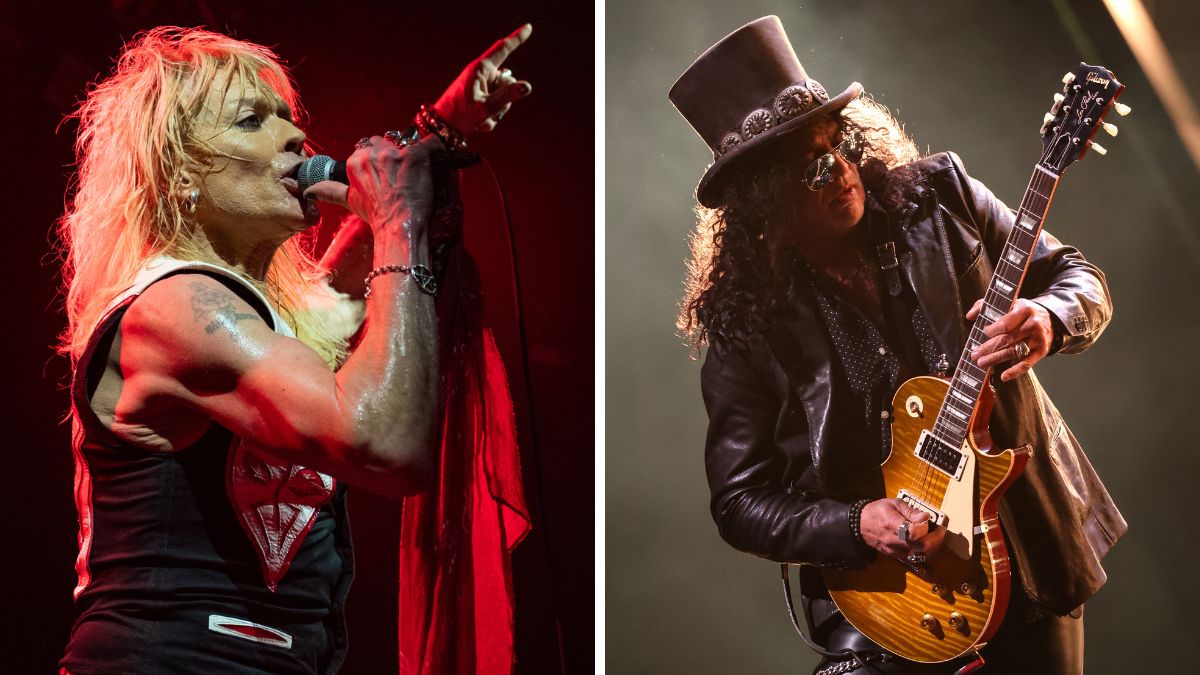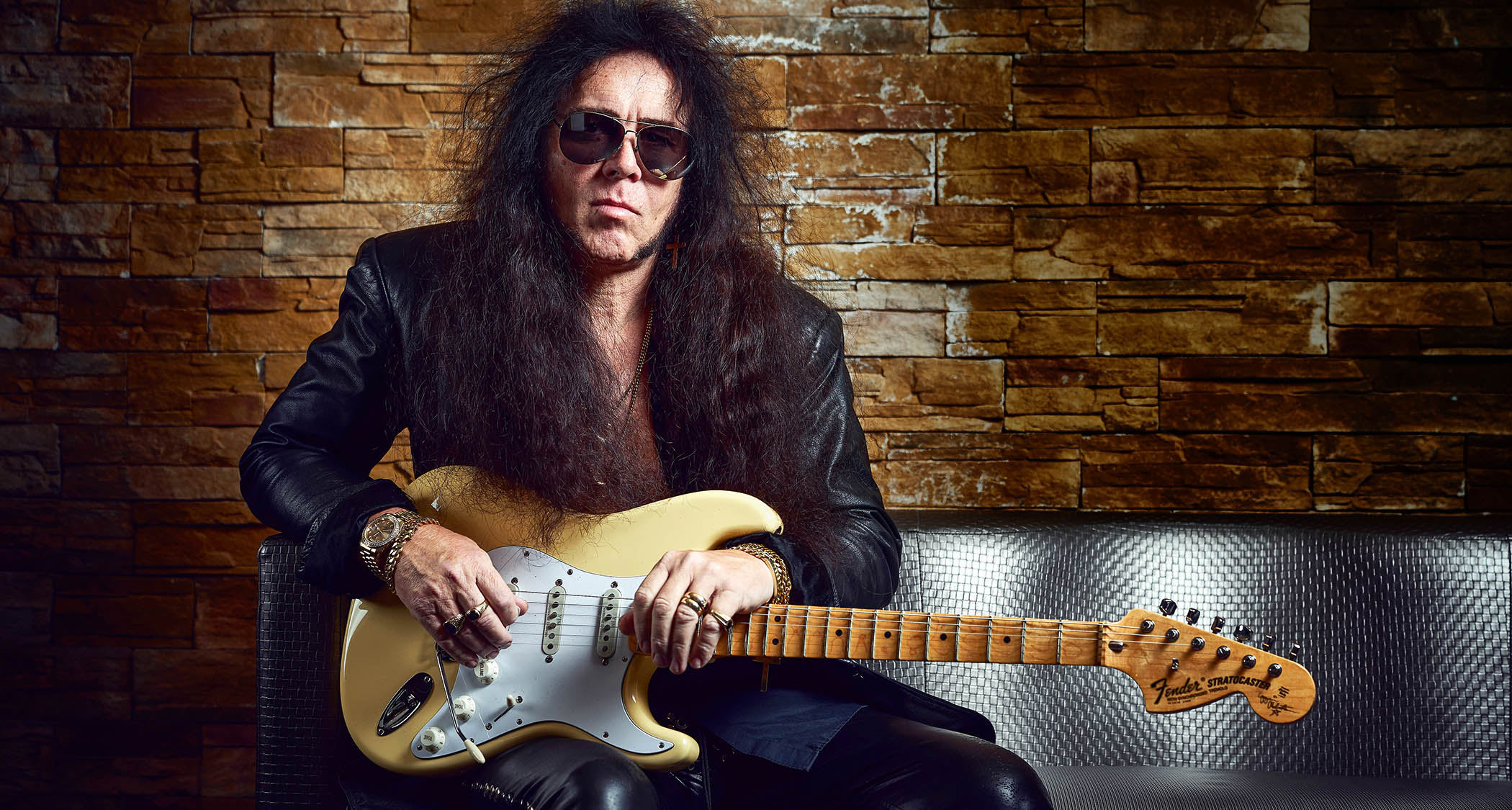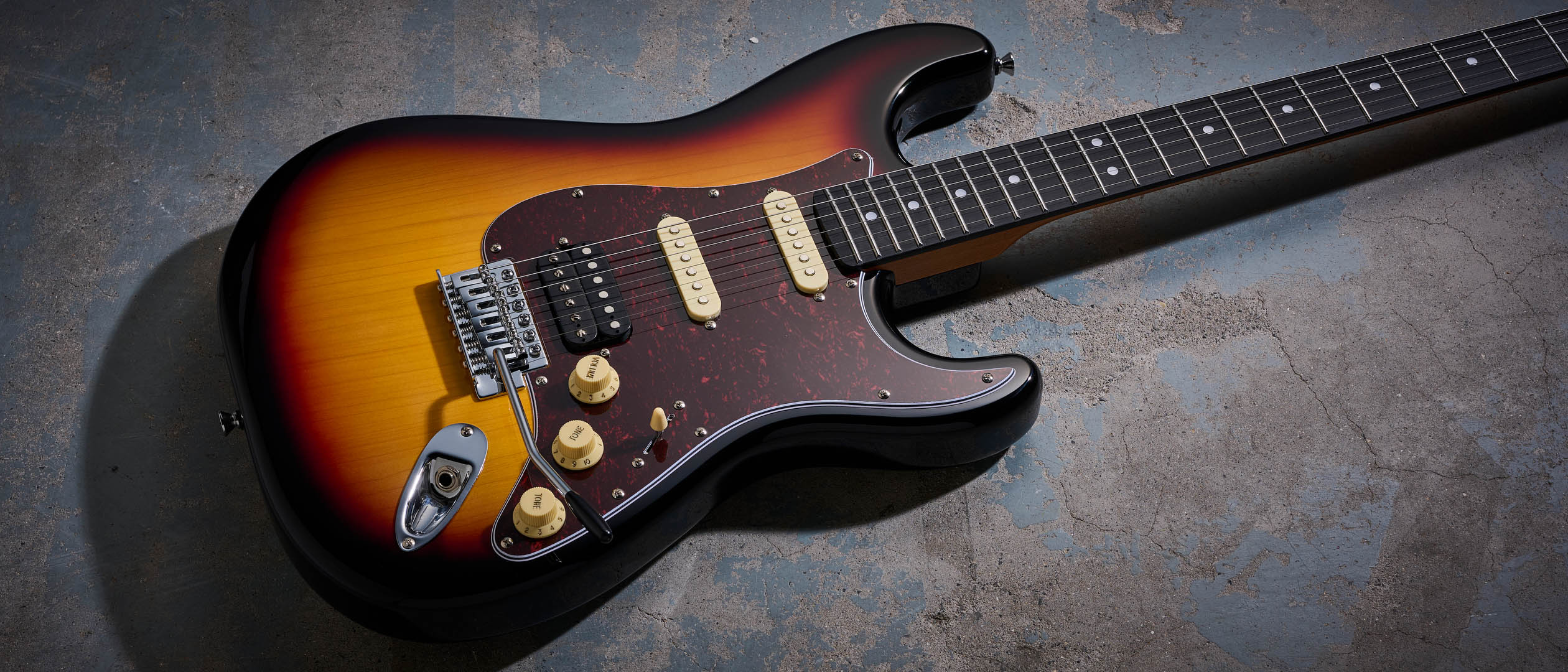“I loved Eddie Van Halen and Randy Rhoads. Then something happened where it was like you had to be in the guitar Olympics”: Billie Joe Armstrong explains why he rekindled his relationship with the guitar solo on Green Day’s newest album
Saviors might be the band’s most solo-heavy record to date – a result of Armstrong re-embracing lead playing and, as he tells Guitar World, putting “a spotlight on a little bit more of what I’m capable of”

Last month, Green Day released Saviors – their 14th studio album, which marked not only the latest addition to the punk rock icons’ celebrated discography, but also a notable shift in the soloing approach of the band’s frontman.
As Billie Joe Armstrong details in the most recent issue of Guitar World, Saviors saw him make a conscious effort to rekindle his relationship with the humble guitar solo, resulting in what he describes as quite possibly the most solo-heavy record of Green Day’s repertoire.
When quizzed about the abundance of lead efforts on the album, Armstrong reflects, “I kind of put on my ‘rock god’ hat and just started soloing a lot. Actually, I think I soloed more on this record than any we’ve ever done.
“And not in a shredder kind of way, but just more like, you know, I love [late Pretenders guitarist] James Honeyman-Scott and [late David Bowie and Ian Hunter guitarist] Mick Ronson and guys like that, who play those really melodic solos that fit with the melody and what the song is calling for.”
Melody and ‘serving-the-song’ sentiments aside, there was another reason why Armstrong decided to ramp up his lead playing on Saviors: it was fun.
“Plus, it’s fun to just kind of go off and rip a guitar solo,” he goes on. “Like Fancy Sauce – I’m playing that ‘ghost-sounding’ solo where it kind of comes in and out, and Living in the ’20s, I wanted to have a guitar solo like I Can’t Explain or an old Kinks song, where it just has that kind of haywire feel to it. It’s also very Angus [Young]-sounding. You’re bending strings and wiggling ’em around. [Laughs]”
Armstrong’s shift towards re-embracing guitar solos for Saviors comes decades after his younger self shifted towards doing the opposite when Green Day were still in their early years.
Get The Pick Newsletter
All the latest guitar news, interviews, lessons, reviews, deals and more, direct to your inbox!
This choice to sit out of this soloing culture, he tells Guitar World, came in response to the generational virtuosos he looked up to as a youngster – a response that directed him towards more rhythmic playing.
“When I was a kid, I loved Eddie Van Halen and Angus Young and Randy Rhoads. And then something happened where it was like you had to be in the guitar Olympics,” Armstrong explains. “If you wanted to play, you had to be as good as those guys and be able to play as fast as Yngwie Malmsteen.
“And I was like, ‘Man, then I’m just gonna end up sitting in my room for the rest of my life. I’m never gonna be in a band, ever!’ That’s when my tastes started changing and I started getting more into punk music and alternative, where it was more about rhythm playing.
“And also still about great guitar sounds and great solos, but not like the heavy metal thing, which started to become kind of a parody. So what happened was I got more into being an anti-solo guitar player, especially for Dookie.”
Over the years, though, Armstrong felt inclined to let his younger years influences filter into his playing and, in his own words, “Try to put a spotlight on a little bit more of what I’m capable of, and not be afraid of making a bad noise”.
What happened was I got more into being an anti-solo guitar player, especially for Dookie
“I’ve gotten to a point where I know my limitations,” he concludes, “but at the same time I’m really pushing myself to be a better guitar player.”
To read the full interview with Billie Joe Armstrong, visit Magazines Direct to pick up the latest issue of Guitar World.
In other Armstrong news, the Green Day guitarist recently reflected on his emotional, tear-filled first meeting with Eddie Van Halen.
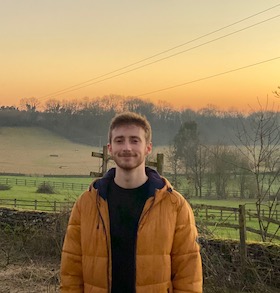
Matt is the GuitarWorld.com News Editor. He has a Masters in the guitar, a degree in history, and has spent the last 16 years playing everything from blues and jazz to indie and pop. When he’s not combining his passion for writing and music during his day job, Matt records for a number of UK-based bands and songwriters as a session musician.



